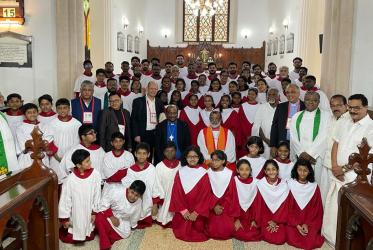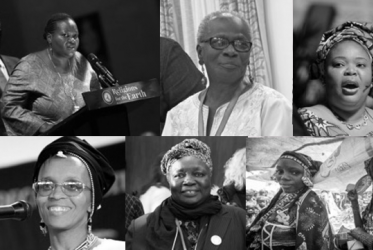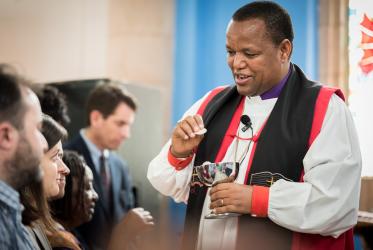Displaying 1 - 18 of 18
23 October 2023
WCC Permanent Committee on Consensus and Collaboration convenes
20 February 2020
Arusha offers vibrant and colourful worship life
12 March 2018
#WCC70: A story of how we meet together
02 February 2018
Local and global work saves lives
22 October 2015
New days, new ways for mission and evangelism
23 April 2014
WCC fills six key staff leadership positions
18 April 2007
January 2005
20 December 2004
December 2004
23 November 2004











